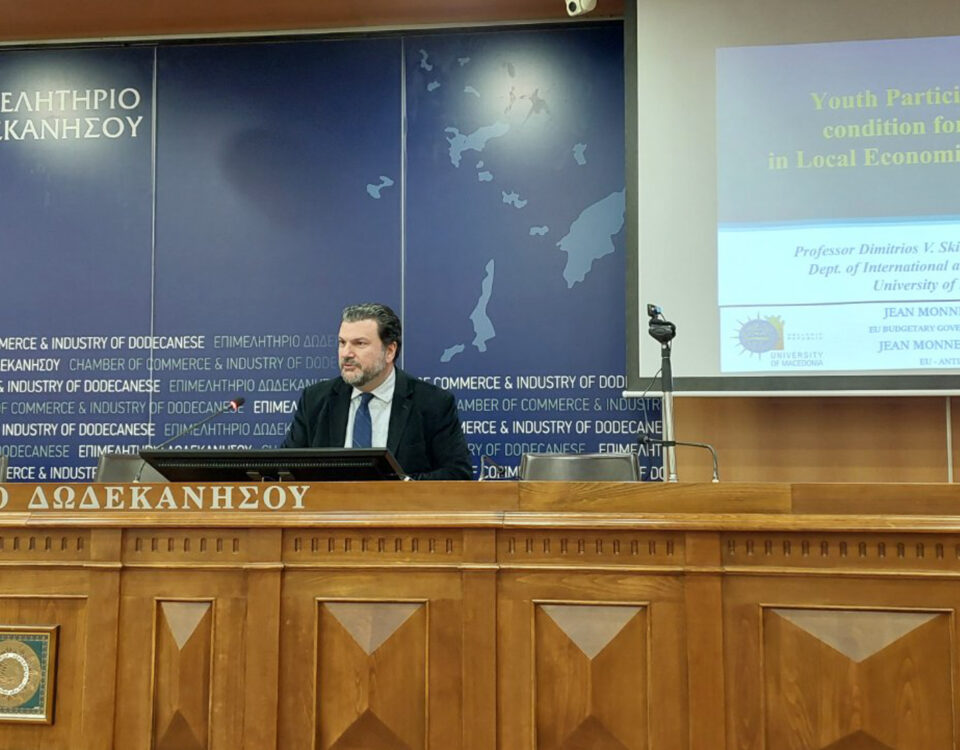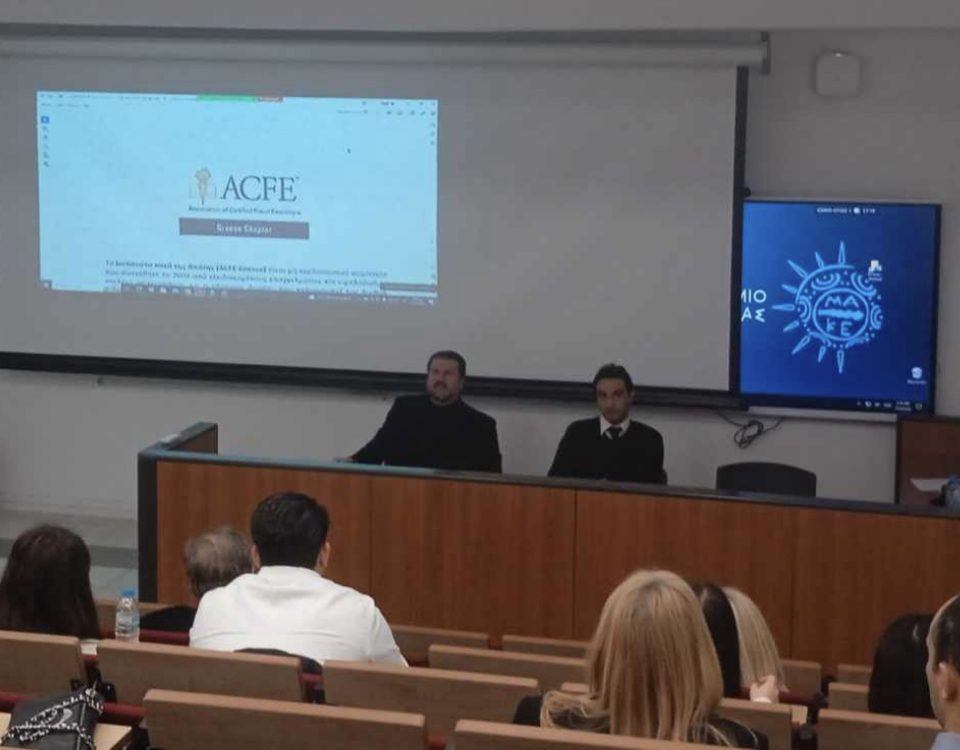The latest Newsletter of the Jean Monnet Chair “EU Budgetary Governance and Audit” (January - April 2021) marks a transitional period for both the EU as a whole, as well as the Jean Monnet Chair as an academic scheme. With regard to the EU, the various political agreements which lead to the completion of the negotiating process with regard to the Multiannual Financial Framework (MFF) 2021 – 2027 are being implemented and the legal texts of the various instruments regulating the EU policies, programmes and tools for the new programming period are being gradually enacted. However, there are policy challenges that need to be tackled, regardless of the Union's work schedule. Combating the consequences of the COVID-19 pandemic in the field of public health has been one of the main priorities of the EU since the pandemic's outbreak in Europe in early 2020. The European Court of Auditors has examined the EU's activity in that field, taking into account the division of competences between the Union and the Member States and focused on the coordinating and supportive role that the Union's institutions were called to fulfill, with regard to assisting the Member States in discharging their legal responsibilities and obligations. The main actions undertaken by the Union entailed the issuance of warnings, the monitoring, securing preparedness of all actors (national and European) involved and actual coordination of operations with regard to the adoption of preventive and therapeutic measures and the production and procurement of the necessary equipment and medicines/vaccines. Furthermore, the Newsletter includes an analysis of the European Court of Auditors' Opinion no 1/2021 on establishing a adjustment reserve for EU Member States to counter the effects of Brexit with regard to the business transactions between these states and the UK as two completely separate markets and completely different actors in the global economy. The proposed instrument aims to facilitate the transition to the new reality, by supporting the move of goods and services between the EU and the UK, and by providing financial support in fields that may face risks due to the Brexit developments. Another item included in the Newsletter is the ECA’s Audit Preview which presents the scope of audit to be undertaken with regard to the support provided by the EU to the countries of the Western Balkans, in order to promote the rule of law concept in their regimes, in view of their capacities either as candidate countries to enter the EU (Serbia, Albania, Montenegro, North Macedonia) or as potential candidates (Bosnia & Herzegovina, Kosovo). The Newsletter also highlights the ECA's Special Report No 4/2021 on the custom control schemes established within the regime of the EU Customs Union. The Report establishes that the lack of harmonised implementation of the relevant EU legislation by the competent national authorities causes significant risks for the Union's financial interests as it results in significant losses for the Union's revenues. Finally, with regard to the Chairs’ activities, this is the first period within the new regime of the Jean Monnet Action (2021-2027). The Chairholder, Professor Dimitrios Skiadas, is in Boston for his scientific leave, and during this time he participated in online events on the EU Social Pillar, the issues referring to international human rights litigation in the EU and the status quo of the Chinese involvement in Greece and Italy. At the same time he succeeded in being acknowledged as Certified Fraud Examiner, at global level, by the relevant international Association (ACFE).
Read more here.




